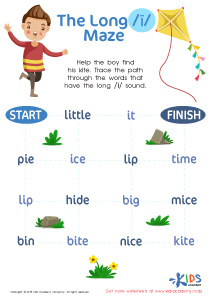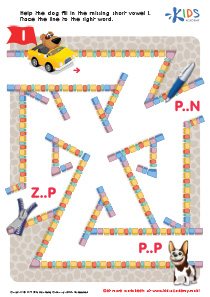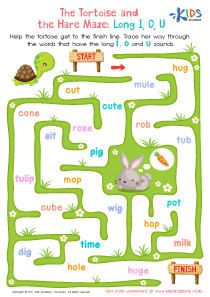Vocabulary expansion Extra Challenge Missing Vowels Worksheets for Ages 4-6
3 filtered results
-
From - To
Boost your child’s language skills with our Vocabulary Expansion Extra Challenge Missing Vowels Worksheets for Ages 4-6! These engaging worksheets are designed to enhance early literacy by challenging young learners to identify and fill in missing vowels. With fun, age-appropriate activities that stimulate thinking and reinforce letter recognition, these worksheets provide a creative avenue to expand vocabulary and improve spelling skills. Whether used at home or in the classroom, they offer a playful yet educational experience, laying the foundation for strong reading and writing abilities. Explore now and watch your child's confidence and language grow!
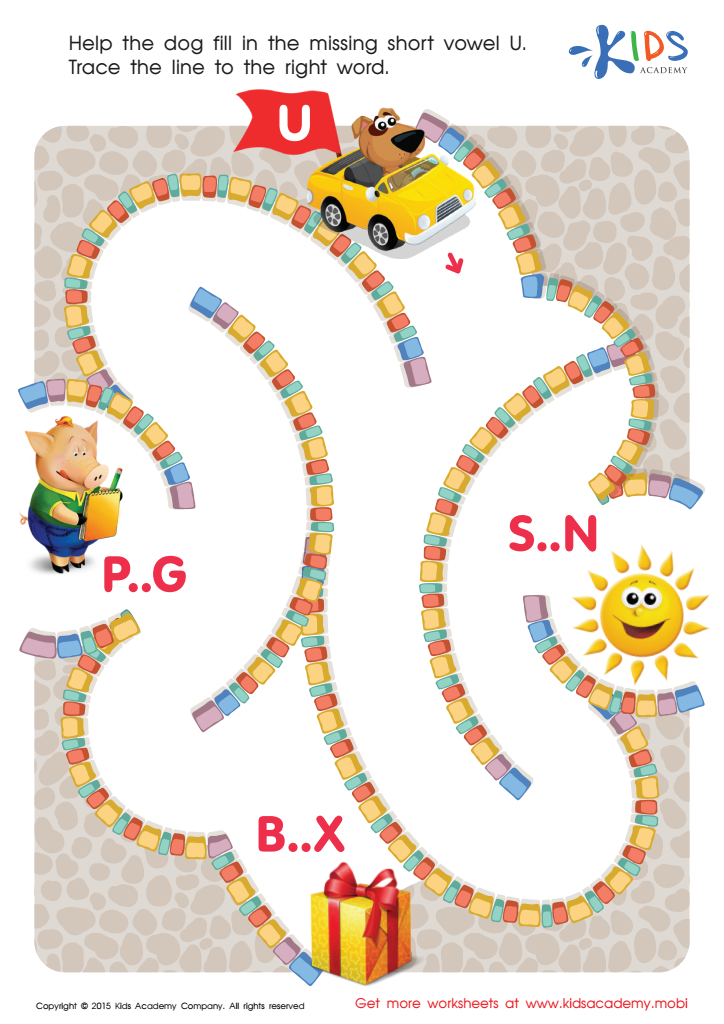

Short Vowel Sound U Worksheet
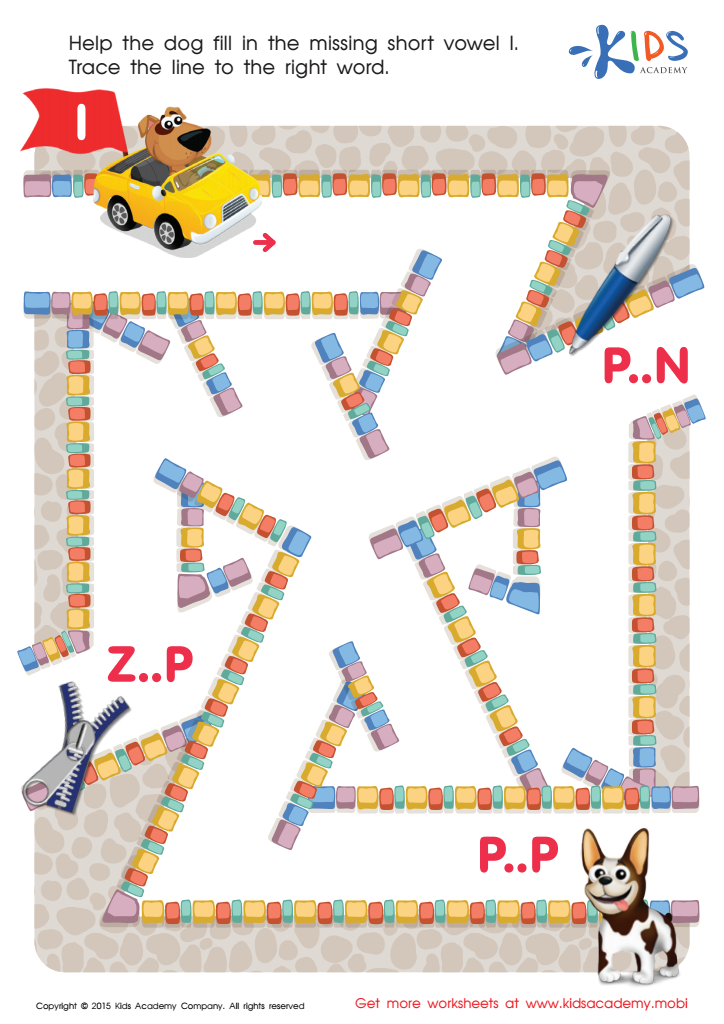

Short Vowel Sound I Worksheet
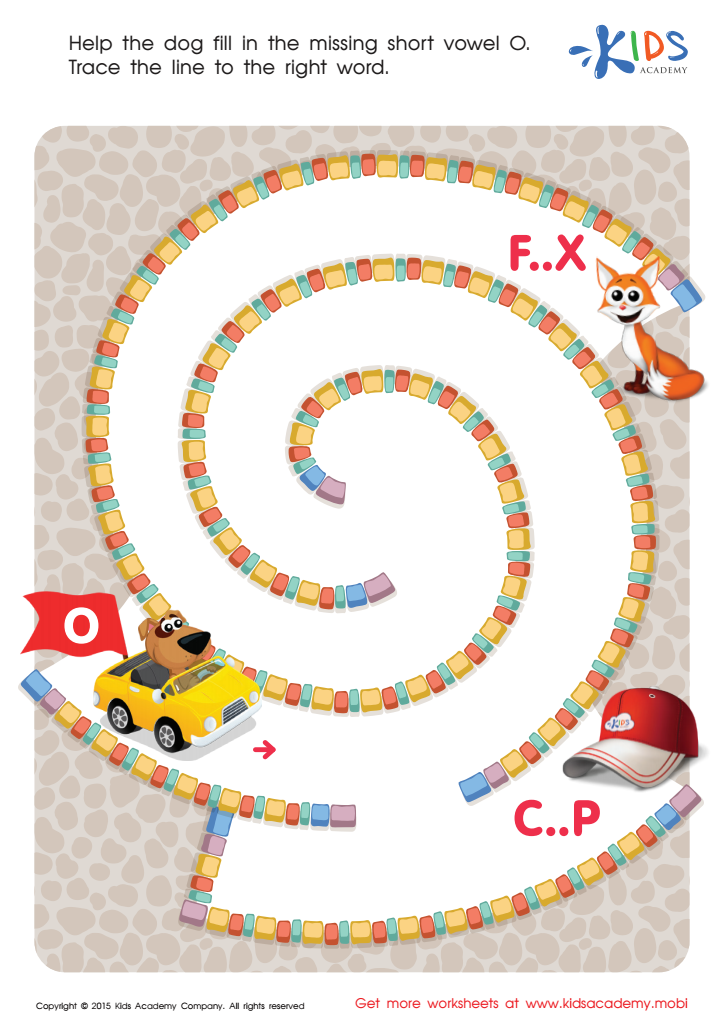

Short Vowel Sound O Worksheet
Parents and teachers should prioritize vocabulary expansion activities like the Extra Challenge Missing Vowels for ages 4-6 because early childhood is a critical period for language development. At this age, children are highly receptive to new information, and expanding their vocabulary lays a crucial foundation for future reading and writing skills.
Engaging in Missing Vowels exercises helps children become more aware of the sounds that make up words, fostering phonemic awareness, which is essential for understanding the relationship between letters and sounds. This awareness is a key precursor to successful reading.
Moreover, an extensive vocabulary enhances communication skills. When children possess a rich vocabulary, they can express their thoughts, needs, and emotions more clearly and accurately. It also boosts their confidence in social interactions and fosters a love for learning and discovery.
Such activities also introduce young learners to problem-solving. Figuring out which vowels are missing from a word enhances their cognitive skills, including memory and pattern recognition. These exercises can be both fun and educational, making the learning process enjoyable and encouraging a lifelong interest in language.
In short, vocabulary expansion activities like Missing Vowels are invaluable tools that contribute to a child's overall language proficiency, cognitive development, and academic success, making them essential in early education.

 Assign to My Students
Assign to My Students






